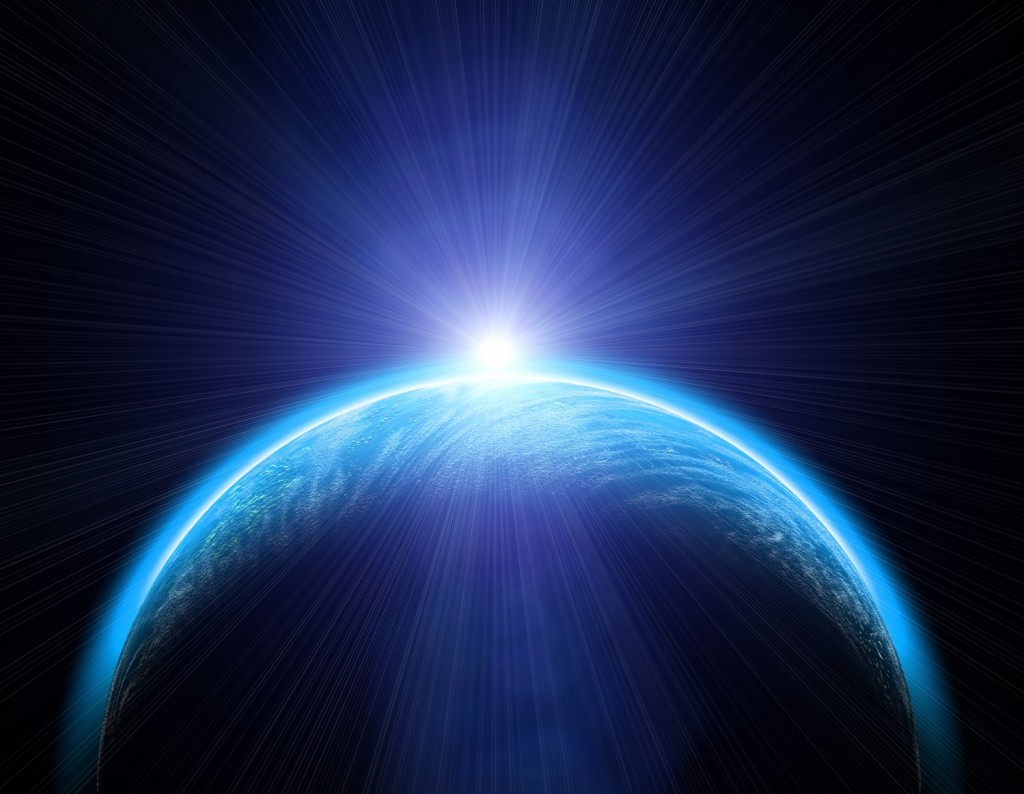
This Week in History, Aug 24 - Aug 30
Aug 24, 79
Vesuvius erupts. After centuries of dormancy, Mount Vesuvius erupts in southern Italy, devastating the prosperous Roman cities of Pompeii and Herculaneum and killing thousands. The cities, buried under a thick layer of volcanic material and mud, were never rebuilt and largely forgotten in the course of history. In the 18th century, Pompeii and Herculaneum were rediscovered and excavated, providing an unprecedented archaeological record of the everyday life of an ancient civilization, startlingly preserved in sudden death.
Aug 25, 1835
The Great Moon Hoax. On this day in 1835, the first in a series of six articles announcing the supposed discovery of life on the moon appears in the New York Sun newspaper. Known collectively as "The Great Moon Hoax," the articles were supposedly reprinted from the Edinburgh Journal of Science. The byline was Dr. Andrew Grant, described as a colleague of Sir John Herschel, a famous astronomer of the day. Herschel had in fact traveled to Capetown, South Africa, in January 1834 to set up an observatory with a powerful new telescope. As Grant described it, Herschel had found evidence of life forms on the moon, including such fantastic animals as unicorns, two-legged beavers and furry, winged humanoids resembling bats. The articles also offered vivid description of the moon's geography, complete with massive craters, enormous amethyst crystals, rushing rivers and lush vegetation.
Aug 26, 1939
First televised Major League baseball game. On this day in 1939, the first televised Major League baseball game is broadcast on station W2XBS, the station that was to become WNBC-TV. Announcer Red Barber called the game between the Cincinnati Reds and the Brooklyn Dodgers at Ebbets Field in Brooklyn, New York. At the time, television was still in its infancy. Regular programming did not yet exist, and very few people owned television sets--there were only about 400 in the New York area. Not until 1946 did regular network broadcasting catch on in the United States, and only in the mid-1950s did television sets become more common in the American household.
Aug 27, 1883
Krakatau explodes. The most powerful volcanic eruption in recorded history occurs on Krakatau (also called Krakatoa), a small, uninhabited volcanic island located west of Sumatra in Indonesia, on this day in 1883. Heard 3,000 miles away, the explosions threw five cubic miles of earth 50 miles into the air, created 120-foot tsunamis and killed 36,000 people. Krakatau exhibited its first stirrings in more than 200 years on May 20, 1883. A German warship passing by reported a seven-mile high cloud of ash and dust over Krakatau. For the next two months, similar explosions would be witnessed by commercial liners and natives on nearby Java and Sumatra. With little to no idea of the impending catastrophe, the local inhabitants greeted the volcanic activity with festive excitement.
Aug 28, 1996
Charles and Diana divorce. After four years of separation, Charles, Prince of Wales and heir to the British throne, and his wife, Princess Diana, formally divorce. On July 29, 1981, nearly one billion television viewers in 74 countries tuned in to witness the marriage of Prince Charles, heir to the British throne, to Lady Diana Spencer, a young English schoolteacher. Married in a grand ceremony at St. Paul's Cathedral in the presence of 2,650 guests, the couple's romance was, for the moment, the envy of the world. Their first child, Prince William, was born in 1982, and their second, Prince Harry, in 1984.
Aug 29, 2005
Hurricane Katrina slams into Gulf Coast. Katrina makes landfall near New Orleans, Louisiana, as a Category 4 hurricane on this day in 2005. Despite being only the third most powerful storm of the 2005 hurricane season, Katrina was the worst natural disaster in the history of the United States. After briefly coming ashore in southern Florida on August 25 as a Category 1 hurricane, Katrina gained strength before slamming into the Gulf Coast on August 29. In addition to bringing devastation to the New Orleans area, the hurricane caused damage along the coasts of Mississippi and Alabama, as well as other parts of Louisiana.
Aug 30, 1967
Thurgood Marshall confirmed as Supreme Court justice. On this day in 1967, Thurgood Marshall becomes the first African American to be confirmed as a Supreme Court justice. He would remain on the Supreme Court for 24 years before retiring for health reasons, leaving a legacy of upholding the rights of the individual as guaranteed by the U.S. Constitution. From a young age, Marshall seemed destined for a place in the American justice system. His parents instilled in him an appreciation for the Constitution, a feeling that was reinforced by his schoolteachers, who forced him to read the document as punishment for his misbehavior. After graduating from Lincoln University in 1930, Marshall sought admission to the University of Maryland School of Law, but was turned away because of the school's segregation policy, which effectively forbade blacks from studying with whites. Instead, Marshall attended Howard University Law School, from which he graduated magna cum laude in 1933. (Marshall later successfully sued Maryland School of Law for their unfair admissions policy.)
History.com